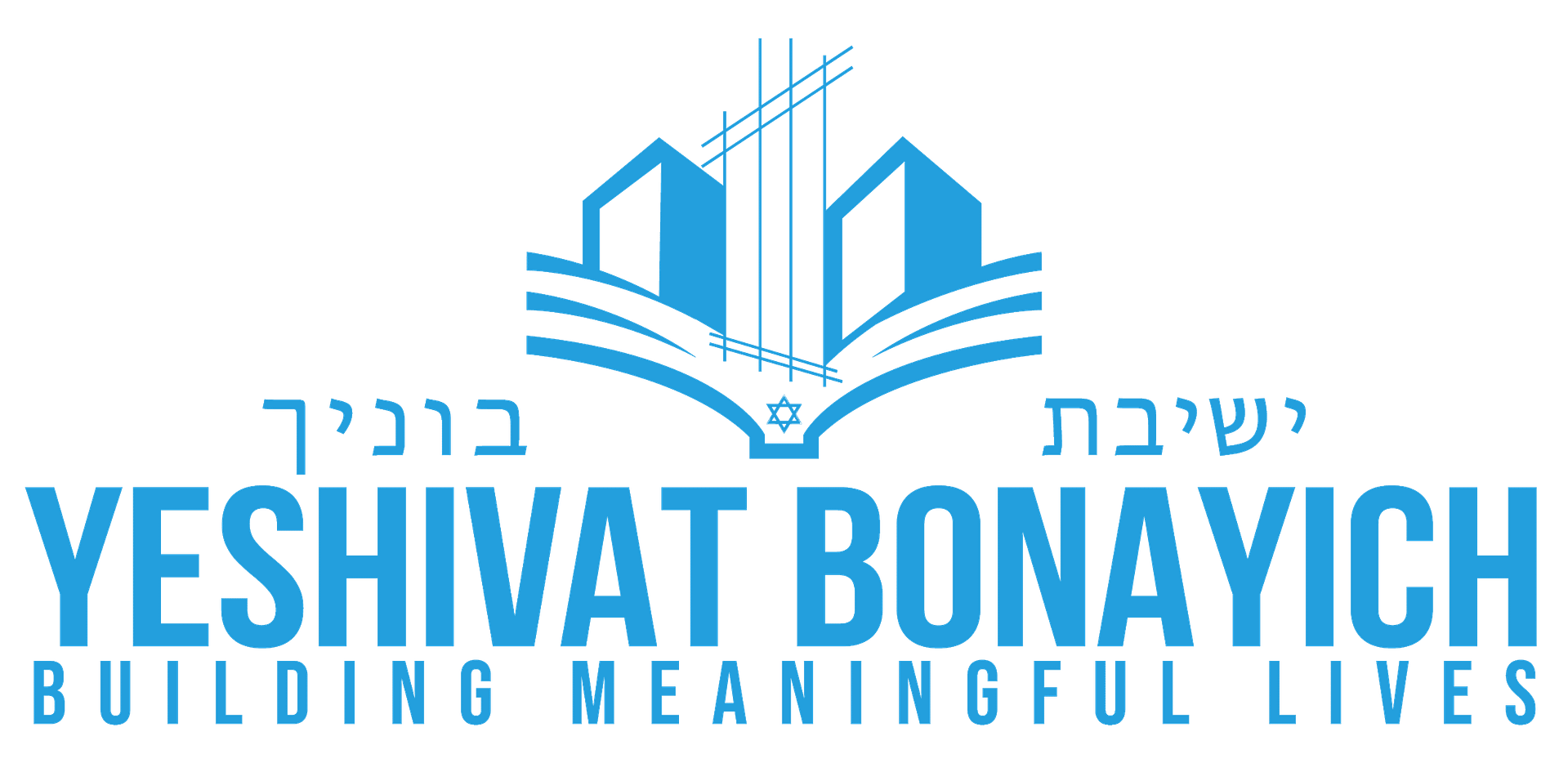In this week’s parasha we are commanded to be holy. קדושים תהיו. But what exactly does that mean?
Ramban, expanding on a comment in Rashi, quotes a midrash: Holy means separate. More accurately, it means circumscribed. To be restricted within limits. Limits that we ourselves set. As Ramban explains: The Torah allows for a broad array of activities. Within those permitted activities there are often no limits set. As an example, as long as we keep kosher, the Torah does not set a limit on how much we may eat.
Does this then mean that I may be a glutton? After all, I am not transgressing any Biblical prohibitions. Comes the Torah and tells us “Be holy.” Be circumscribed. Do not be a glutton within the parameters of the law. The letter of the law is paramount. But there is also the spirit of the law. And here, the Torah tells us that we must live within the spirit of the law as well. Live a life of moderation.
The Hebrew word used by the midrash, and Rashi and Ramban is פרושים. Separated. Temperate.
That very same word is used to teach a very different lesson in this week’s chapter of Pirkei Avot. Hillel admonishes us אל תפרוש מן הציבור, Do not separate yourself from the community. This comment is traditionally understood to refer to standing apart from a community in crisis. If people are suffering, join in with them. Do not be a separatist.
Practically, though, the charge is taken much more expansively. Any deviation from what the community is doing is seen as being פורש. Even minor deviations, for example sitting while others stand during parts of davening, are analyzed to see if they constitute undue separation from the community.
But what about the notion of being circumscribed? When is one a פרוש, lauded for being holy, and when is one a פורש, dangerously close to being cast out of the community because of separatism, as we say about the wicked son at the seder?
Two directives. One to separate. One to not separate. How can we tell which we are doing? Especially when the lines can get fuzzy, when dealing with hashkafic issues, for example.
Perhaps what distinguishes one from the other is a matter of attitude.
The פורשים actively separate themselves, distance themselves from the community. Their act of separation perhaps shows a sense of self-righteousness. We are right. You are wrong. It comes with judgmentalism.
The פרושים, on the other hand, hold themselves back. They refrain from something that is perfectly permitted by the letter of the law. They hold themselves to a more circumscribed lifestyle or belief. They do not judge the other by their actions because the פרושים understand that the others are acting within the parameters of the law.
This means that the same action done by different people can really be two totally different acts. One person’s פרוש can be the next person’s פורש. It all depends on the person’s motivation.
And that means that the way we perceive someone else’s actions depends on our attitude, our subjective judgmentalism.
This awareness should make us stop and think before we act. Or before we judge someone else.

